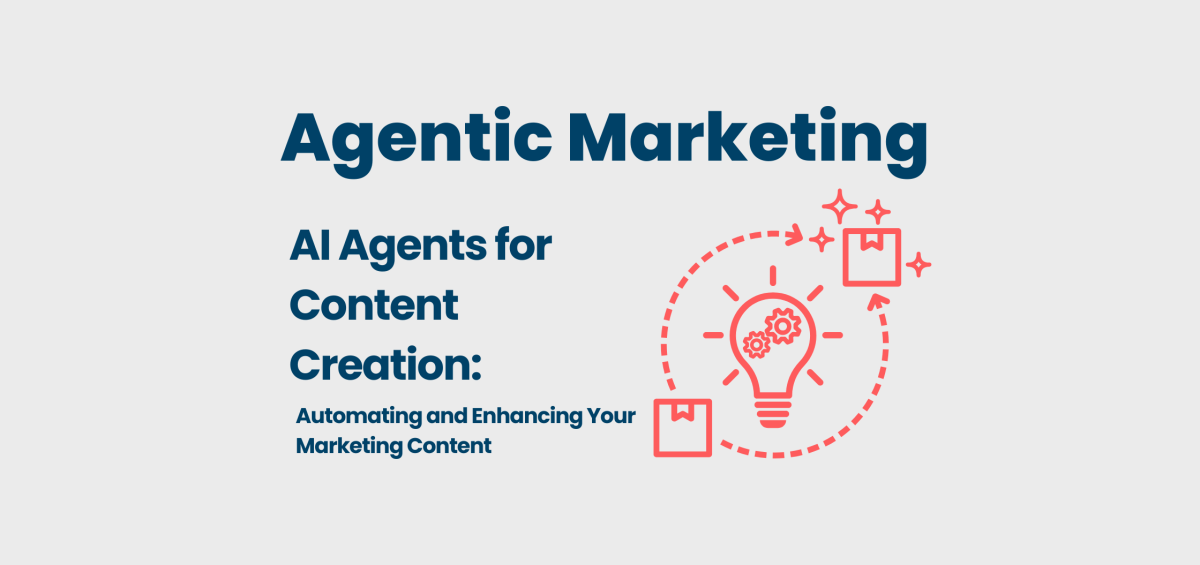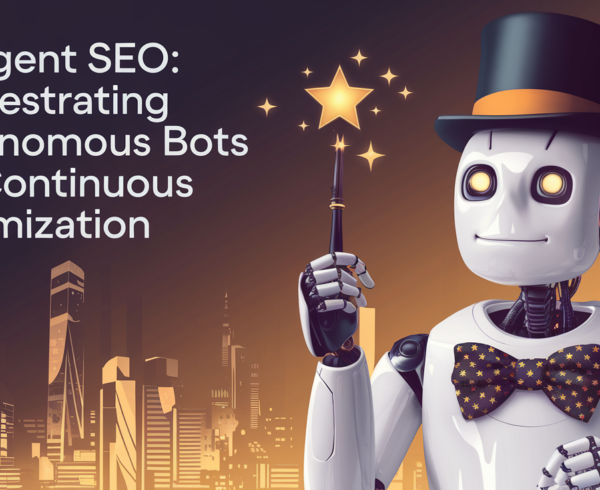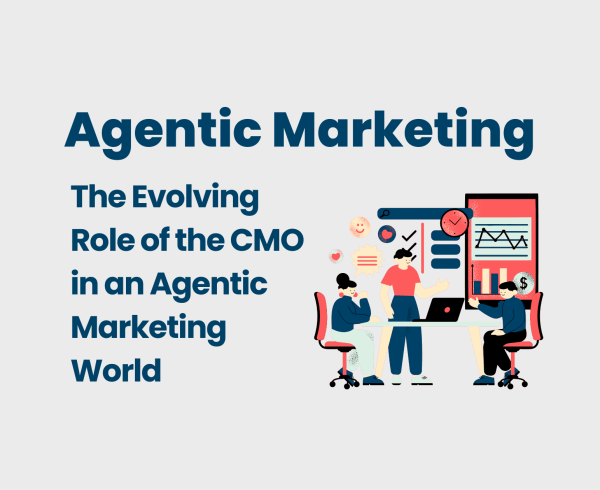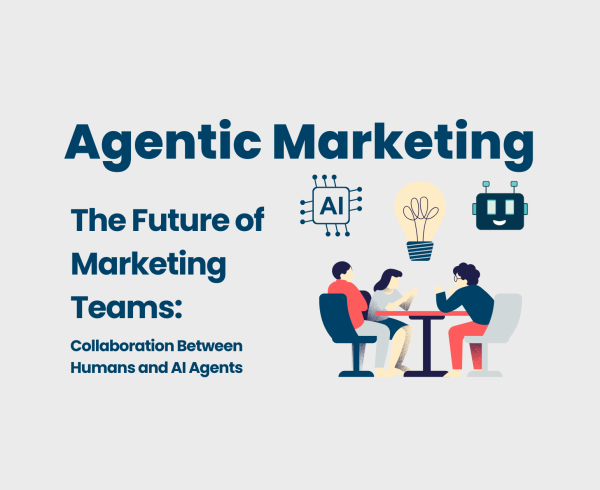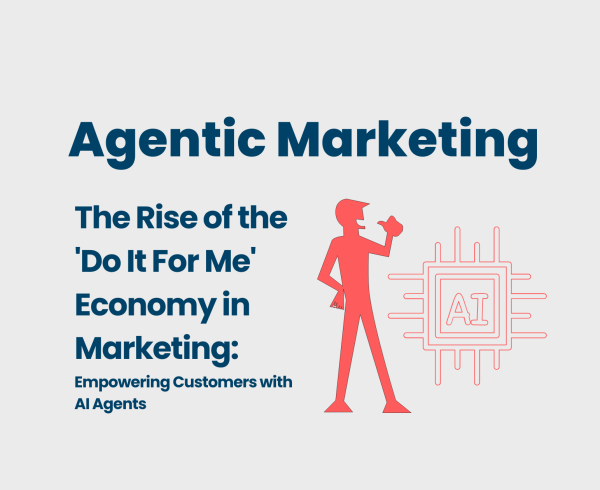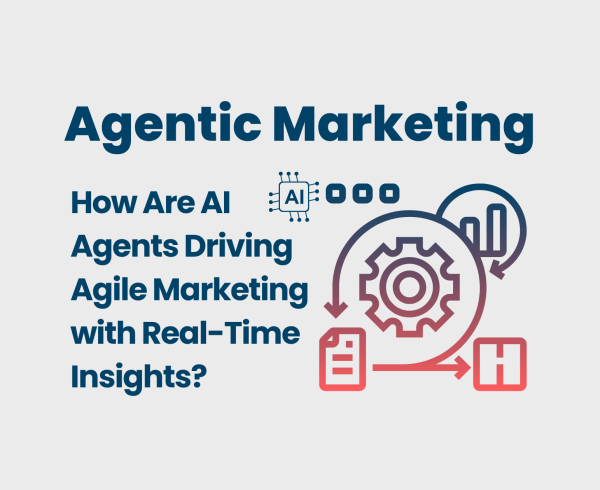AI Agents for Content Creation: Automating and Enhancing Your Marketing Content (10 Ways)
Content remains the bedrock of effective marketing, serving as the primary means of engaging audiences and driving conversions. However, the ever-increasing demand for diverse and high-quality content presents a significant challenge for marketing teams. AI agents are stepping up to meet this challenge, offering innovative ways to automate content creation processes and elevate the overall impact of marketing content. Here are ten compelling ways AI agents are revolutionizing content creation for marketers:
1. Automating Repetitive Content Tasks: Unleashing Human Creativity
A significant portion of a marketer’s time can be consumed by repetitive content-related tasks. These might include generating multiple social media posts promoting the same blog article, crafting different versions of email subject lines for A/B testing, or creating product descriptions based on standardized templates. AI agents excel at automating these mundane yet necessary tasks, freeing up valuable time and mental energy for human marketers to focus on more strategic and creative initiatives.
Leveraging natural language generation (NLG) capabilities, AI agents can understand the core message and context of existing content and automatically generate variations tailored for different platforms or purposes. This not only boosts efficiency but also ensures consistency in brand messaging across various touchpoints. By entrusting these repetitive tasks to AI, marketing teams can empower their creative professionals to concentrate on developing innovative and engaging content that truly captivates their audience.
2. Generating Initial Content Drafts: Overcoming the Blank Page
The dreaded blank page can be a significant hurdle for content creators. Starting from scratch often requires considerable time and effort. AI agents can act as a powerful catalyst in the content creation process by generating initial drafts for a wide range of marketing materials.
By providing AI agents with keywords, target topics, or even snippets of existing content, marketers can prompt them to produce preliminary drafts for blog posts, articles, website copy, social media updates, and even email newsletters. While these AI-generated drafts may require human review, editing, and refinement to ensure accuracy, tone, and brand voice, they provide a substantial head start, significantly reducing the time and effort required to produce initial content. This capability is particularly useful for quickly generating content on trending topics or for exploring different angles and perspectives on a given subject.
3. Enhancing Content Quality with AI-Powered Editing and Proofreading: Polishing Your Message
Even the most experienced writers are prone to occasional errors or areas where their writing could be improved. AI agents equipped with sophisticated NLP and machine learning algorithms can serve as invaluable editing and proofreading assistants, helping to elevate the quality and professionalism of marketing content.
These intelligent agents can automatically identify and flag grammatical errors, spelling mistakes, punctuation issues, stylistic inconsistencies, and even instances of plagiarism. They can also provide suggestions for improving clarity, conciseness, and overall readability. By integrating AI-powered editing and proofreading into their workflows, marketing teams can ensure that their content is polished, accurate, and impactful, enhancing their brand’s credibility and effectively conveying their message to the target audience.
4. Optimizing Content for SEO: Boosting Discoverability and Organic Reach
In the competitive online landscape, ensuring that marketing content is easily discoverable by search engines is paramount. AI agents can play a crucial role in optimizing content for SEO, helping marketers to improve their search engine rankings and drive more organic traffic to their websites and content.
AI agents can analyze target keywords, assess the SEO-friendliness of existing content, and provide recommendations for optimization. This includes suggesting relevant keywords to incorporate naturally within the content, analyzing heading structures, evaluating readability scores, and identifying opportunities to improve meta descriptions and title tags. By leveraging AI-powered SEO optimization, marketers can increase the visibility of their content, attract a larger audience, and ultimately achieve their marketing goals more effectively.
5. Personalizing Content Recommendations: Delivering Value and Driving Engagement
Generic content often fails to resonate with individual users. AI agents can significantly enhance content marketing effectiveness by personalizing content recommendations based on a deep understanding of individual user preferences, behaviors, and past interactions.
By analyzing data on a user’s Browse history, content consumption patterns, purchase behavior, and stated interests, AI agents can autonomously curate and recommend relevant articles, blog posts, videos, product guides, and other content assets. This personalized approach ensures that users are presented with information that is highly likely to be of interest to them, leading to increased engagement, longer time spent on site, and a higher likelihood of conversion. Personalized content recommendations also position the brand as a valuable and helpful resource, fostering stronger customer relationships.
6. Adapting Content for Different Platforms and Formats: Maximizing Reach and Impact
In today’s multi-channel marketing environment, content needs to be versatile and adaptable for various platforms and formats. A single blog post might need to be repurposed as a series of social media updates, a short video script, an infographic, or an email newsletter. AI agents can automate the often time-consuming process of repurposing and adapting content for different channels, ensuring maximum reach and impact.
Using NLP and content summarization techniques, AI agents can automatically generate shorter versions of longer content, extract key takeaways for social media posts, and even create basic outlines or scripts for video content based on existing text. This automated content adaptation saves significant time and effort, allowing marketing teams to efficiently distribute their message across a wider range of platforms and engage with their audience in their preferred formats.
7. Analyzing Content Performance: Informing Future Content Strategies with Data
Understanding how different pieces of content perform is crucial for refining future content strategies and maximizing ROI. AI agents can automatically analyze vast amounts of content performance data, providing marketers with valuable insights into what types of content resonate most effectively with their target audience.
By tracking key metrics such as website traffic, social media shares, engagement rates (likes, comments, shares), time spent on page, and conversion rates for individual content assets, AI agents can identify patterns, trends, and correlations. They can then generate reports and provide actionable recommendations on which content formats, topics, and styles are most successful in achieving specific marketing objectives. This data-driven approach to content creation ensures that future content efforts are focused on producing high-performing content that truly connects with the audience and drives desired outcomes.
8. Facilitating Multilingual Content Creation: Expanding Global Reach
For businesses operating in global markets, the ability to create and distribute content in multiple languages is essential. AI agents can significantly streamline the process of multilingual content creation by assisting with translation and cultural adaptation.
While human translators are still crucial for ensuring accuracy and cultural nuance, AI agents can provide initial translations of marketing content, significantly speeding up the process. Furthermore, AI agents can help with the cultural adaptation of content, ensuring that the messaging and tone are appropriate for different target audiences. This capability allows businesses to expand their reach to international markets more efficiently and effectively, delivering personalized content experiences to a global audience.
9. Generating Content Ideas and Outlines: Overcoming Creative Blocks and Boosting Productivity
Even the most creative marketing teams can sometimes struggle with generating fresh and relevant content ideas. AI agents can act as a powerful brainstorming partner, analyzing trends, competitor content, and audience data to suggest relevant content topics and even generate initial outlines.
By providing AI agents with information about their target audience, industry trends, and marketing goals, marketers can receive a wealth of potential content ideas and structured outlines. This can help overcome creative blocks, spark new content directions, and significantly boost the productivity of content creation teams. AI-generated content ideas and outlines can serve as a valuable starting point for developing engaging and informative content that addresses audience needs and interests.
10. Identifying Content Gaps and Opportunities: Filling Needs and Staying Ahead of Trends
To maintain a strong and comprehensive content library, marketers need to identify gaps in their existing content and anticipate future content needs. AI agents can analyze a brand’s existing content assets and compare them against audience search queries, competitor content, and emerging industry trends to identify content gaps and potential opportunities.
By highlighting areas where the brand’s content is lacking or where there is an unmet demand for information, AI agents can help marketers prioritize their content creation efforts and develop content that addresses these gaps. This proactive approach ensures that the brand remains a relevant and valuable resource for its audience, positioning it as a thought leader in its industry and helping to attract and retain customers.
In conclusion, AI agents are rapidly evolving into indispensable tools for content marketers. Their ability to automate repetitive tasks, generate initial drafts, enhance content quality, optimize for SEO, personalize recommendations, adapt content for different platforms, analyze performance, facilitate multilingual creation, generate ideas, and identify content gaps offers a significant competitive advantage. By embracing and integrating AI agents into their content creation workflows, marketing teams can achieve greater efficiency, produce higher-quality and more engaging content, and ultimately drive better results in today’s dynamic digital landscape.

